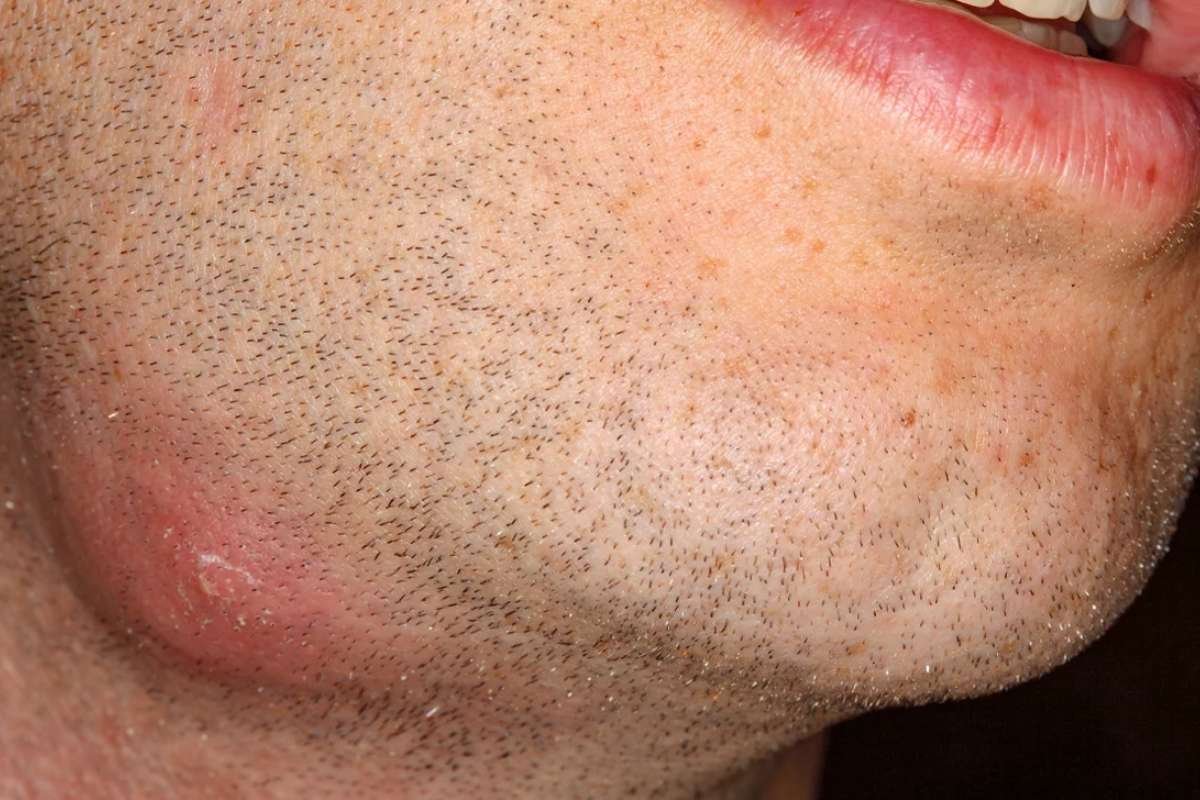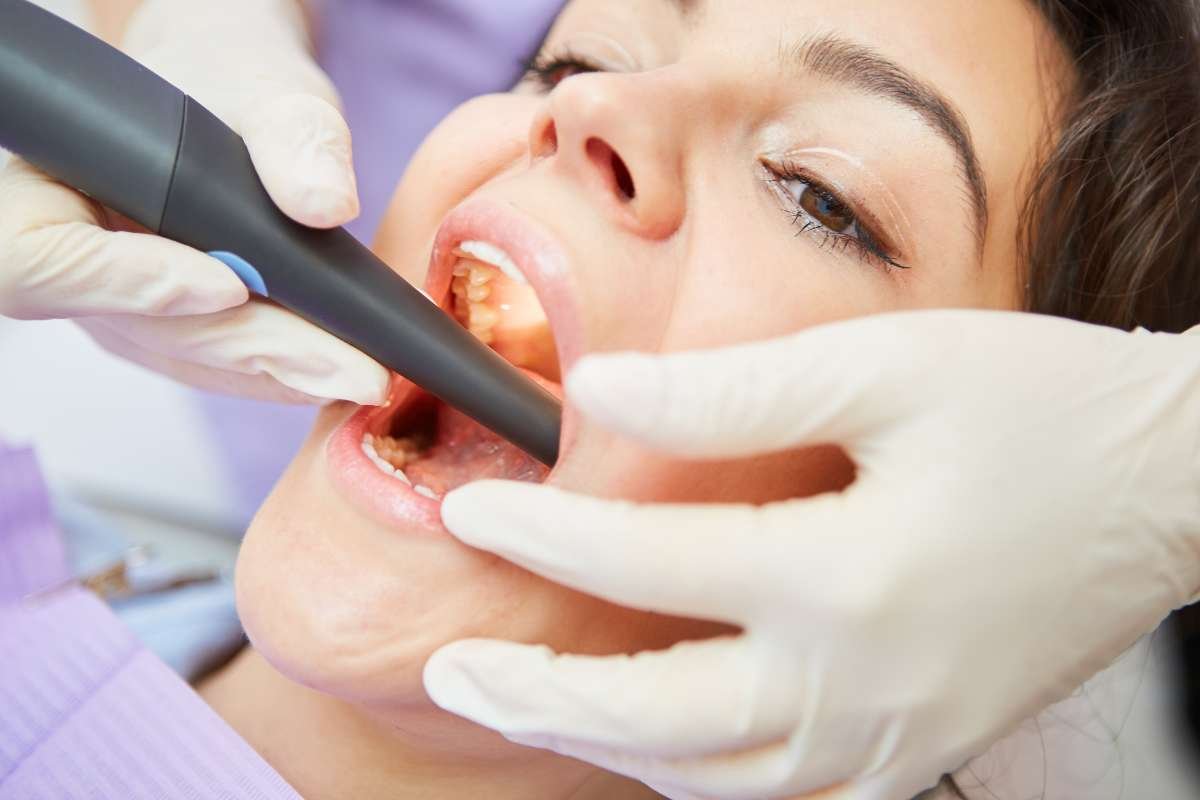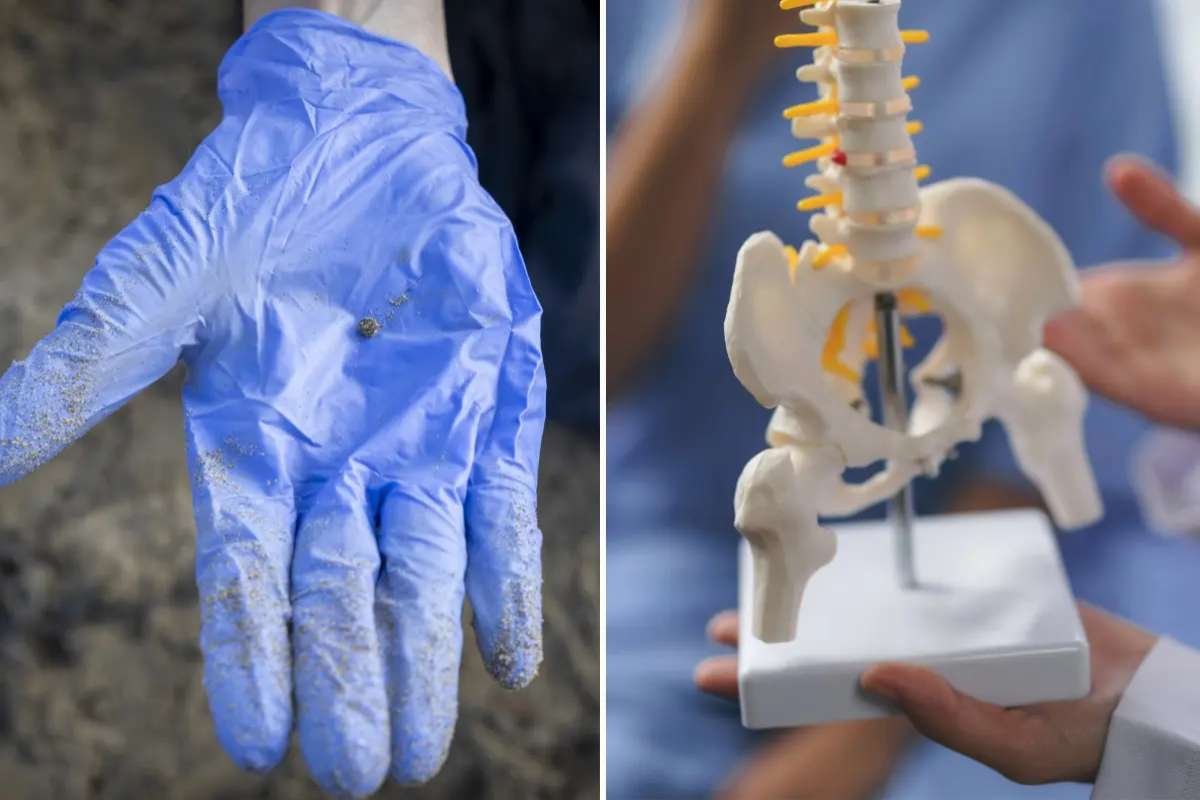A root canal is a common way to save a damaged tooth and stop pain. Many fear it, but it’s often no worse than getting a filling. Lisa, a teacher, had one last year. She was nervous but felt relief afterward. However, some people worry about long-term effects like tooth weakness or infection. While rare, knowing these risks helps in making the best dental choice. Regular check-ups and good care can prevent problems after a root canal.
What is a Root Canal?
A root canal is a dental procedure used to remove infected or damaged tissue inside a tooth. The dentist cleans and disinfects the area, and then seals the tooth to prevent further infection. This treatment helps save the tooth and relieve pain. While it is very effective, some patients may experience root canal long-term side effects like tooth brittleness, discoloration, or sensitivity. In rare cases, infection can return. Knowing these risks can help patients take better care of their treated teeth.
Common Root Canal Long-Term Side Effects
1. Tooth Fragility and Fracture Risk
One of the biggest effects of root canals long term side effects is that the tooth can become weak and break easily. This happens because the procedure removes the nerve and blood supply, making the tooth more brittle over time. This increases the chance of cracks or fractures, especially if a dental crown is not placed to strengthen and protect it.
2. Persistent Pain or Discomfort
While root canals are meant to alleviate pain, some patients experience lingering discomfort even after the procedure. This may be due to:

- Incomplete removal of the infected tissue
- Post-procedure inflammation
- Nerve damage
If pain persists for an extended period, it is crucial to consult a dentist to rule out complications.
3. Potential for Re-Infection
A root canal removes infected tissue, but bacteria can still enter if the filling or crown isn’t sealed well. This can cause another infection, leading to pain and swelling. If that happens, you might need another root canal to fix it. In severe cases, if the infection spreads or the tooth gets too damaged, it may have to be removed. That’s why a properly sealed filling or crown is important to keep the tooth safe from future infections.
4. Development of Cysts or Abscesses

Sometimes, a root canal doesn’t work as expected, leading to infections near the tooth’s root. This can cause cysts or abscesses, which are pockets of pus or fluid. If this happens, the dentist may need to do a minor surgery called an apicoectomy. In this procedure, they remove the infected tissue and the tip of the tooth’s root to help the area heal. This helps prevent further problems and saves the tooth from extraction.
5. Impact on Overall Health
Some studies suggest a potential link between root canals and systemic health issues, though scientific evidence remains inconclusive. Concerns include:
- Chronic inflammation due to hidden infections
- Possible association with heart disease and autoimmune conditions
While more research is needed, maintaining good oral hygiene and regular dental check-ups can minimize risks.
Tired of gum issues? Say Goodbye to Gum Recession with Pinhole Surgical Technique
How to Minimize Root Canal Long-Term Side Effects?
To reduce the risk of root canal long-term side effects, consider the following tips:

- Choose an experienced dentist – A skilled professional ensures thorough cleaning and proper sealing of the tooth.
- Get a crown – Placing a crown over the treated tooth significantly reduces fracture risk.
- Maintain oral hygiene – Brushing, flossing, and routine dental visits help prevent re-infection.
- Monitor for symptoms – Report any persistent pain, swelling, or sensitivity to your dentist promptly.
Conclusion
A root canal is a great way to save a damaged tooth, but it’s good to know the possible root canal long-term side effects. Being informed helps you make the right choice for your oral health. Some risks include tooth brittleness or mild discomfort. However, you can reduce these risks by taking proper care of your teeth and visiting a trusted dentist regularly. With the right care, a treated tooth can last a lifetime, keeping your smile healthy and strong.
“A Dentist is a Lifetime Medical Professional, part Artist, part Architect, part Entrepreneur, part Engineer, part Physicist, part Surgeon, part Businessman, part Therapist, and part Community Friend.”
___ Dr. Kianor Shah
FAQ:
1. Is there any risk in root canal treatment?
Damage to surrounding tissue: During the procedure, there is a risk of damage to the surrounding tissues, such as the gums, nerves, or blood vessels. Re-infection: If the tooth is not properly sealed after the root canal, bacteria can enter and cause a new infection.
2. Can a root canal cause other health problems?
There may be a link between root canals and chronic illnesses. Research suggests that the presence of bacteria and infection in the tooth, even after treatment, can contribute to the development of chronic diseases.
3. Do root canals affect your immune system?
The persistent inflammation at the apical of a tooth or root canal can harm the immediate area and the overall immune system, leading to various health concerns associated with chronic inflammation.
4. Do people get sick after a root canal?
Root canal treatment is generally a safe and successful procedure, but it is not without risks. Although rare, you can experience mild to severe infection after treatment. Being aware of the symptoms of infection is crucial in correcting the situation before it gets worse.
5. Does a root canal remove the nerve?
A root canal does not kill the tooth, and after a root canal is complete, the tooth will be able to function as it normally does. However, root canals do remove the nerves inside the tooth, but these nerves serve very little function in a fully formed tooth.







